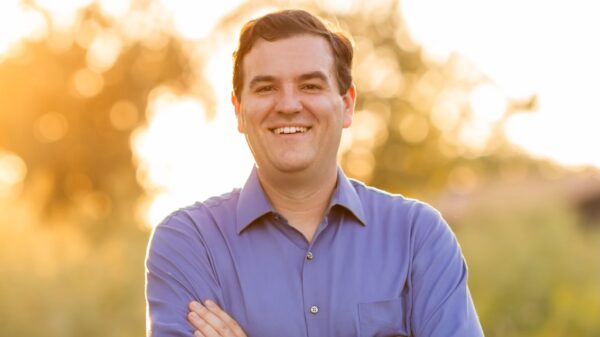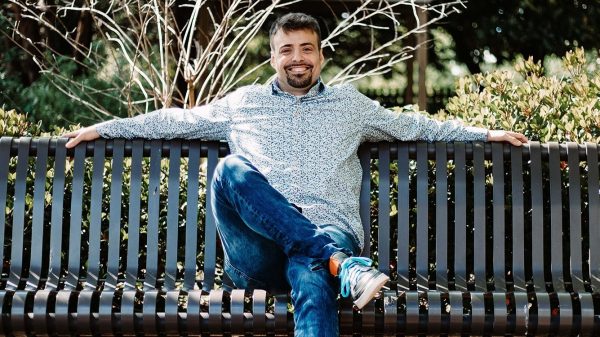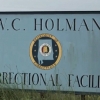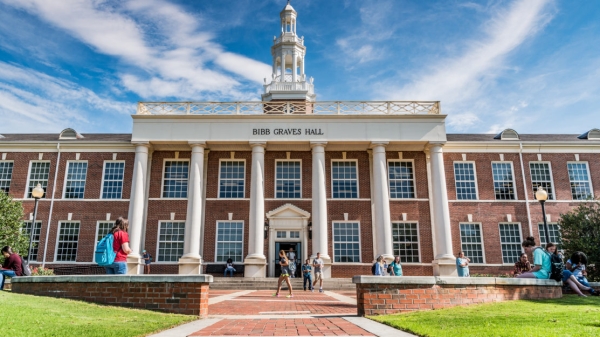By Grant Hallmark
Alabama Political Reporter
“They say they do not use collected funds to influence elections,” Derek Trotter, spokesperson for President Pro Tempore Del Marsh said of the Alabama Educators Association (AEA). “They have a Super PAC that spent $10 million in the 2010 election cycle,” Trotter continued, they are certainly influencing elections.
During a special session in 2010, the newly minted Republican legislature passed a bill that would not allow members of an organization that uses its funds to influence elections to pay their dues through government payroll deductions. That is to say, it would be illegal to pay any political organization similar to the way most companies and governments pay health insurance.
The 11th Circuit Appeals court has put the question of whether the AEA is in the business of electioneering to the Alabama Supreme Court. Once again, the state’s highest court will be making an integral decision for the political system. Paul Hubbert, the current head of the AEA, has said they have a publication to keep its members informed on education issues, but he did not consider this to be electioneering.
Of course, AEA’s accusers are not referring to pamphlets. The union has been known as not only a political player in Alabama, but the political player. Before the anti-incumbent sweep of 2010, most insiders would consider the AEA and Alabama Power to be the most influential organizations in Alabama.
The AEA contributed well over half a million dollars to prevent Bradley Byrne from winning the 2010 Republican primary, according to the Associated Press. Not only did the union fund an extremely political ad in a primary, they did so by funneling money through a “conservative” PAC. The PAC, dubbed the Conservative Coalition, was formed on June 22nd. The next day, they received $750,000 from the AEA and spent $711,020 on an advertisement attacking Byrne. Governor Robert Bentley was accused of receiving money from AEA through Stan Pate, a Tuscaloosa area businessman, though the Bentley posse denies this ever happened.
Not only does the organization fund political advertisements and get out the vote efforts, the former co-chair of the state Democratic Party has been the union’s executive secretary since 1969. The AEA has been led by a long-time political executive of the state for over four decades. It is understandable that the teachers’ union would become mired in the political system when a high level political player is its chief decision maker.
However, now that the Republicans have changed the rules of campaign fundraising and finance, the entire political funding dynamic must endure a much-needed review. The relationship between the state and the AEA is simply the next one on the list. Because the dues the AEA receives from public workers are the lifeblood the union, the organization is fighting for its right to exist. And, given the aforementioned facts, this fight will be a difficult one. The union must prove it is not funding political actions with any collected dues.
So, it is a bit of misdirection to infer the questions surrounding the union’s political dealings are rooted in booklet distribution. Nevertheless, the statement does reflect AEA’s position: “We are not involved in electioneering.
Trotter disagrees. “Their Super PAC spent $10 million in one election cycle. The state government has no business using tax-payer funds to assist the AEA in collecting dues.” However, the question is if the dues being collected are going to the union’s political arm, A-VOTE (Alabama Voice of Teachers for Education) or other PACs such as True Republican PAC and the Conservative Coalition (both formed, funded, and shutdown during the 2010 GOP primaries). If the AEA can prove they have kept the funds separate, the Alabama Supreme Court will most likely allow the collection of dues to continue.
Trotter strongly doubts the AEA will be able to do this. “We believe they are using the dues to fund the Super PAC.” Considering the amount of money the AEA is willing to spend in a primary race, it would be surprising if the organization was not using collected dues to fund political actions.




















































